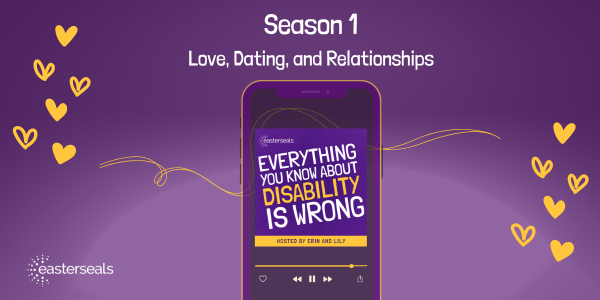Beyond Compliance: Fostering Accessibility, Inclusion, and Cultural Humility
by Blog Writers
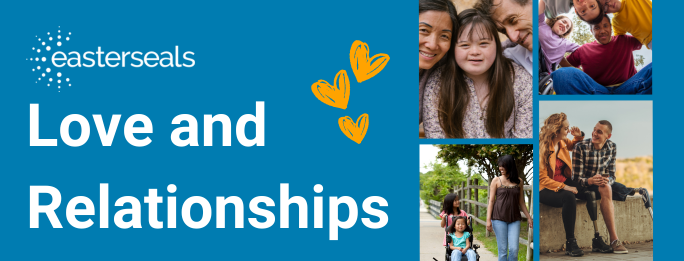
By Andrea Jennings
Community Love: Cultural Humility and Accessible Solutions
In the tapestry of human experience, accessibility is intertwined with love, shaping the fabric of a compassionate and inclusive society. One example is disability justice advocate Mia Mingus, who coined the term “access intimacy,” which describes the feeling when someone who is not necessarily from the disabled community understands your access needs.
As February unfolds with the celebration of Valentine’s Day, it’s an opportune time to reflect on how we all share love, express love, and foster accessibility, extending the significance beyond mere observance to embody a lifestyle of inclusion, cultural humility, and genuine care.
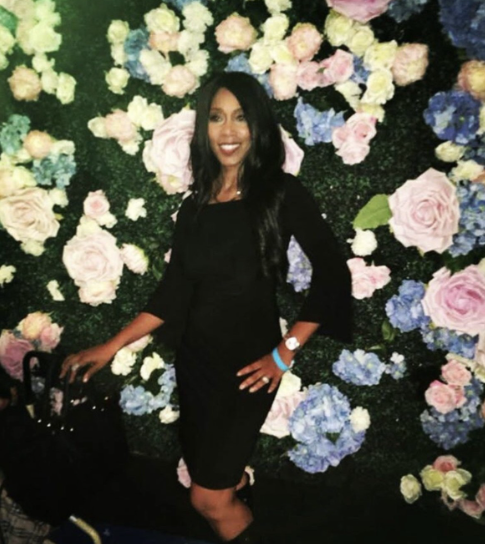 From childhood, I was fortunate to learn the true essence of love from my mother, particularly during Valentine’s Day. It wasn’t just about exchanging chocolates and flowers and embodying Agape love—selfless, unconditional, and inclusive. My mother’s teachings transcended romantic notions, emphasizing the importance of spreading love beyond our immediate circles. Together, we embarked on a tradition of making Valentine’s cards for friends and everyone in my class, ensuring no one felt left out. This act of kindness extended to our family members, neighbors, and anyone who crossed our path. Through these gestures, my mother instilled in me the belief that love knows no bounds and should be shared generously with all.
From childhood, I was fortunate to learn the true essence of love from my mother, particularly during Valentine’s Day. It wasn’t just about exchanging chocolates and flowers and embodying Agape love—selfless, unconditional, and inclusive. My mother’s teachings transcended romantic notions, emphasizing the importance of spreading love beyond our immediate circles. Together, we embarked on a tradition of making Valentine’s cards for friends and everyone in my class, ensuring no one felt left out. This act of kindness extended to our family members, neighbors, and anyone who crossed our path. Through these gestures, my mother instilled in me the belief that love knows no bounds and should be shared generously with all.
Reflecting on my upbringing, I realize the parallels between love, accessibility, and cultural humility. Accessibility is not merely a privilege or favor but a fundamental aspect of humanity. Just as we wouldn’t frame love as a favor granted to select individuals, accessibility should not be viewed as something we should be grateful for. It is a basic human need and a right for all individuals.
Fostering accessibility is a manifestation of love in action. It removes physical, social, and systemic barriers that hinder full societal participation. Whether implementing wheelchair ramps, providing signage, or offering assistive technologies, accessibility ensures everyone has equity and equal opportunities to engage, participate, and succeed.
Cultural humility serves as a crucial aspect of fostering accessibility and inclusion. It empowers us to recognize our own biases and privileges while actively seeking to respect the experiences of others. By approaching interactions with humility, openness, and a willingness to learn, we create spaces where diversity is celebrated and everyone feels valued and included.
Romantic Love: Challenging and Removing Microaggressions and Assumptions
In addition to advocating for ourselves, Disabled individuals often face micro aggressive comments and assumptions when it comes to romantic relationships. Society’s narrow perceptions of disability can lead to intrusive questions and misguided beliefs about the nature of our relationships.
Microaggressions can manifest in various forms, such as asking personal questions that would not be directed at non-disabled individuals or making assumptions about the dynamics of our relationships based on our disabilities. For example, comments like “you’re so lucky to have a partner despite your disability” overlook the possibility that both partners contribute equally to the relationship or that the non-disabled partner may also benefit from the relationship.

Flower photography by Andrea
These microaggressions not only perpetuate harmful stereotypes but also undermine the autonomy and agency of disabled individuals in romantic relationships. Instead of being seen as capable of experiencing love and intimacy on their own terms, disabled individuals are often objectified or pitied, reinforcing the notion of their otherness.
Challenging these microaggressions in our community and the media requires a commitment to dismantling ableism and fostering genuine inclusivity in all aspects of society. Changing those perceptions is one way we shift paradigms.
Self-Love: Being Kind To Ourselves While Advocating
Advocating for ourselves in a world that often overlooks or dismisses our needs can be exhausting. Not only do we face external barriers to accessibility, but we also frequently find ourselves in the position of having to justify our disabilities and access requirements. This constant need to explain and defend our existence can affect our mental and emotional well-being.
While advocating for our rights and pushing against the status quo, it’s crucial to remember the importance of self-love. This means being kind and compassionate to ourselves. Self-love entails acknowledging our worthiness and deservingness of respect and accommodation without needing to justify or apologize for our disabilities.
While in college, I asked for a specific accommodation, and that instructor replied, “oh yes, I know you want this to be easy-peasy.” Not only was this comment unnecessary, but it was condescending in nature and an example of microaggression that I often encountered. After these constant assumptions, it is important to remind ourselves of our worth.
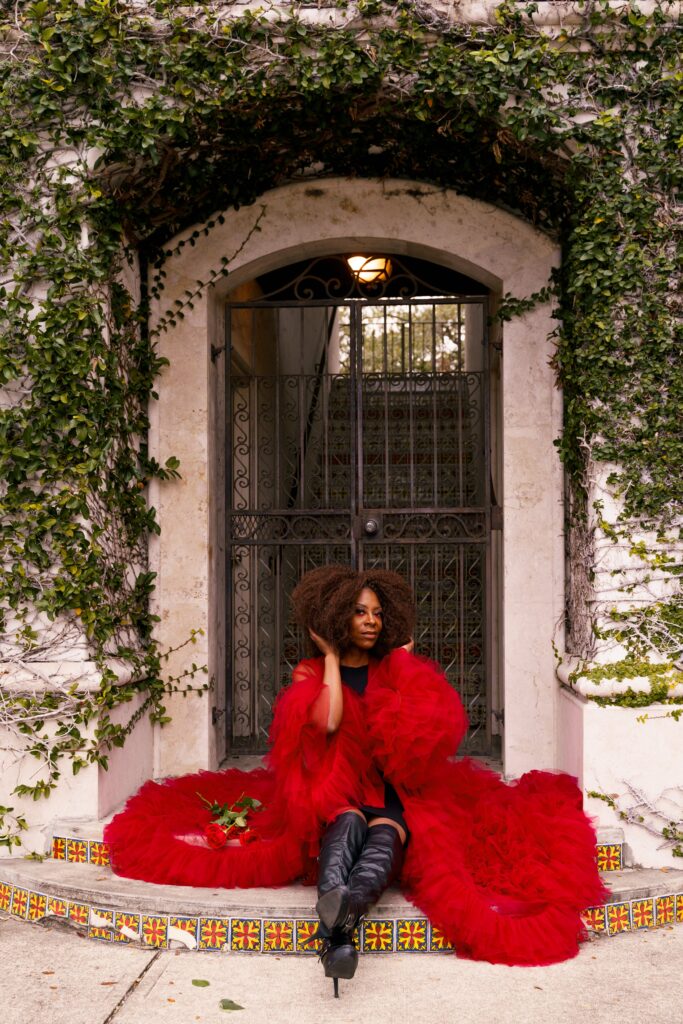 Embracing self-love while advocating for ourselves is an act of self-preservation and a radical resistance against ableism and discrimination. It allows us to reclaim our narratives and assert our agency in spaces that often seek to marginalize us and not recognize our autonomy. Advocating for accessibility and recognizing our independence becomes pivotal in this context.
Embracing self-love while advocating for ourselves is an act of self-preservation and a radical resistance against ableism and discrimination. It allows us to reclaim our narratives and assert our agency in spaces that often seek to marginalize us and not recognize our autonomy. Advocating for accessibility and recognizing our independence becomes pivotal in this context.
Self-love also involves setting boundaries and prioritizing our well-being. It means recognizing when to rest and recharge and not feeling guilty for prioritizing self-care.
Integrating the understanding of the spoon theory offers valuable insight into managing energy levels for those with chronic illnesses or disabilities, reinforcing the importance of self-care and advocating for our well-being. Within this framework, acknowledging the nature of energy reserves and learning to pace activities enables individuals to prioritize their well-being and cultivate a sustainable approach to self-care.
Moreover, self-love empowers us to challenge internalized ableism and embrace our disabilities as integral parts of our identities. Instead of viewing our disabilities as something we need to change, we can celebrate them as unique aspects of who we are and understand it is the barriers that need to change. This allows us to embrace our authenticity and cultivate a sense of empowerment and pride in ourselves.
In conclusion, prioritizing accessibility and cultivating love in various spheres — community love, romantic love, and self-love — is vital for fostering inclusivity and empowerment. By collectively prioritizing accessibility, challenging microaggressions, and promoting nurturing self-compassion, we construct a world where every individual’s worth and uniqueness are celebrated.
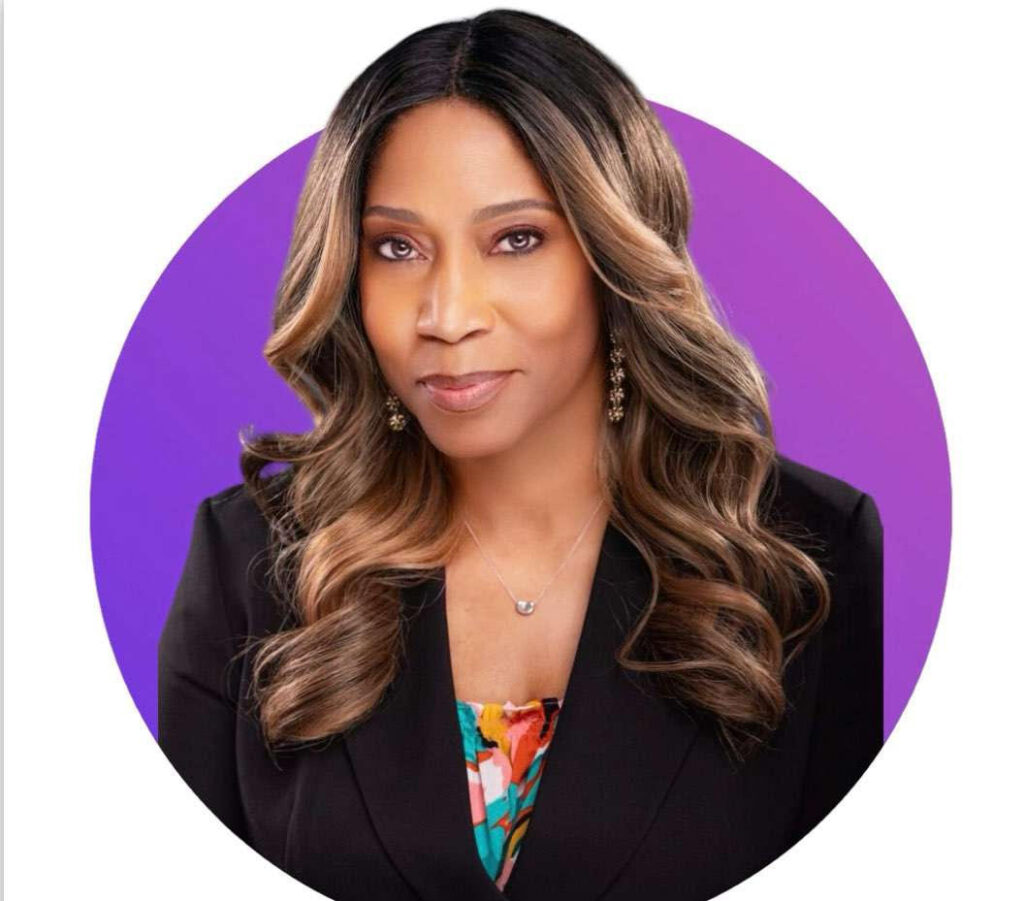 Andrea Jennings, M.Mus., is a Disability & Accessibility Strategist, Actress, and filmmaker passionate about music, law, and entertainment. Her journey led to creating Shifting Creative Paradigms – Leveling The Playing Field® Multi-Media Production Co., advocating for social justice through Disability culture, film, music, and art. Her work has graced prestigious platforms like Park Avenue Armory, The Metropolitan Museum of Art, and Rutgers University. Her work is also recognized in Forbes, Billboard Magazine, The Atlantic Magazine, The Hollywood Reporter, and The New York Times.
Andrea Jennings, M.Mus., is a Disability & Accessibility Strategist, Actress, and filmmaker passionate about music, law, and entertainment. Her journey led to creating Shifting Creative Paradigms – Leveling The Playing Field® Multi-Media Production Co., advocating for social justice through Disability culture, film, music, and art. Her work has graced prestigious platforms like Park Avenue Armory, The Metropolitan Museum of Art, and Rutgers University. Her work is also recognized in Forbes, Billboard Magazine, The Atlantic Magazine, The Hollywood Reporter, and The New York Times.







